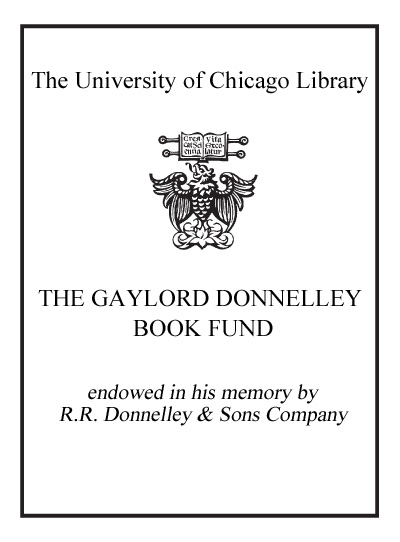Review by Choice Review
Vladisavljevic (London School of Economics and Political Science) emphasizes that, like most post-communist states, Serbia became essentially and exceedingly bureaucratic, despite, or rather because of, being dominated by party leadership. When the de facto dictatorship of one (or a group of several) party leader began to grow looser, and become quasi-democratic, the power of the party bureaucracy, and ultimately of the bureaucratic system, began to increase. The author shows that there was no simultaneous expansion or deepening of genuine democratic electoral practice. The masses still felt dominated and practically controlled by a thick layer of all kinds of bureaucrats, mostly actual or former party functionaries. High party officials, among them Milosevic, and the entire web of party and state officials, came to be perceived as the oppressors. A populist, generalized anti-bureaucratic movement grew quickly into a genuine populist revolution that swept away what was left of communism, its leaders and their bureaucratic regime. Research for this study included interviews with both officials of former Yugoslavia and leaders of popular protests, representing various viewpoints at a crucial moment of historical change. Summing Up: Recommended. All undergraduate through professional collections. L. K. D. Kristof emeritus, Portland State University
Copyright American Library Association, used with permission.
Review by Choice Review

